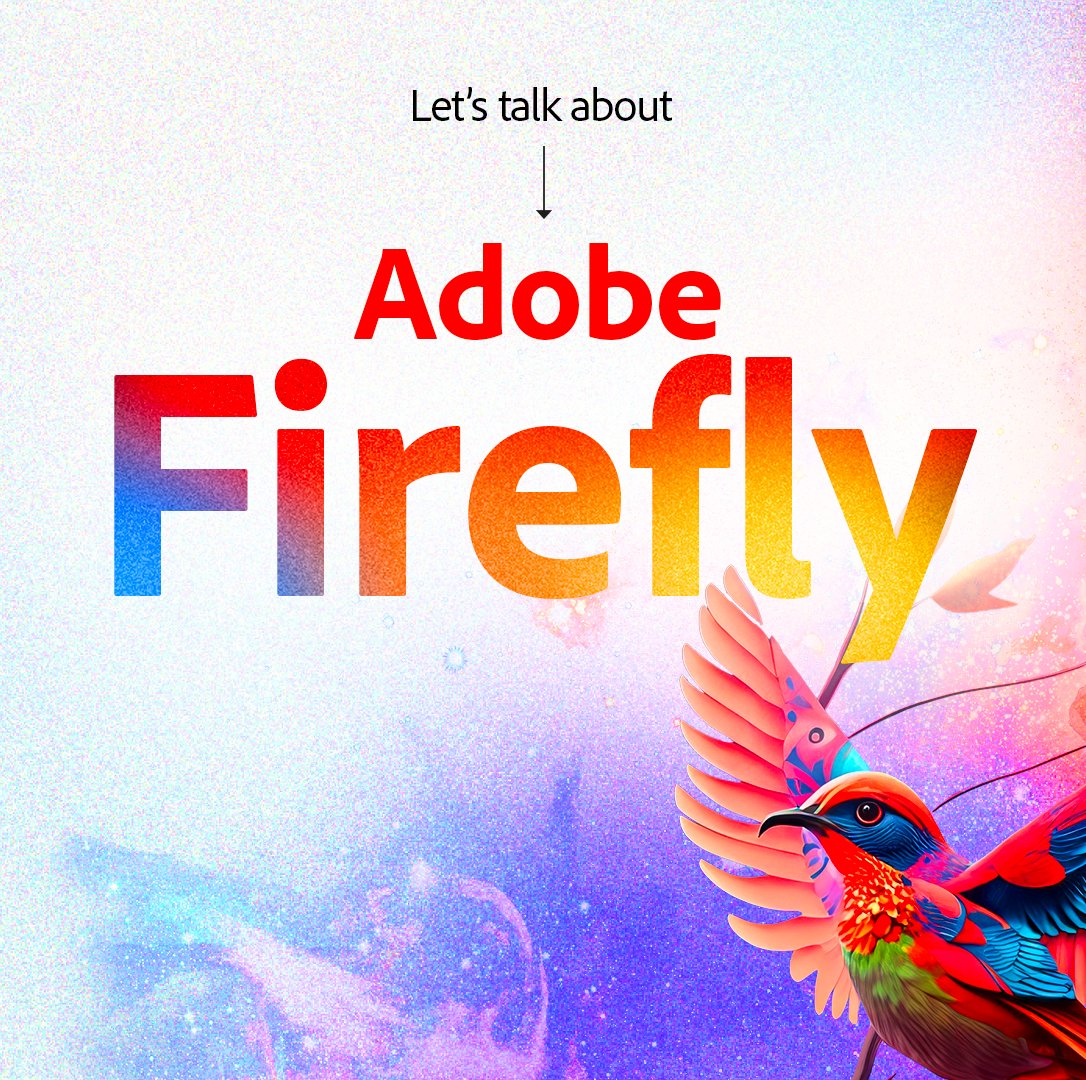Adobe reportedly announced that it would begin accepting submissions of AI-generated images for sale on its stock photography website, Adobe Stock. The choice was made concurrently with Adobe’s adoption of image synthesis and with the stock art market as a whole taking action to address the fast growing field of AI artwork. This time period also corresponded with earlier announcements from Shutterstock and Getty Images.
What you can submit to Adobe Stock as AI-generated images is subject to some restrictions. The illustration must be presented as such (even if it is photorealistic), contain the words “Generative AI” in the title, and be original work of the artist (or have permission to use it).
A model release must be included for any real persons who are realistically portrayed in the work, according to Adobe’s brand-new Generative AI Content Guidelines, which must be followed by all AI artwork. For artworks that include illustrations of real people or fictional firms, characters, or properties, a property release is required, which attests that the artist has all necessary rights to licence the content to Adobe Stock.
Stable Diffusion, Midjourney, and DALL-E, among other image synthesis tools that were released earlier this year, opened up an apparently limitless source of generative art that may imitate well-liked art styles in a variety of media, including photography. Each AI tool enables an artist to make a work of art based on a text description known as a prompt.
Some generative art was reportedly initially removed by Shutterstock in response, but the company then changed its stance and collaborated with OpenAI to display AI-generated artwork on the platform. In late September, Getty Images banned AI artwork amid concerns about copyright issues that hadn’t been fully investigated in court.
Beyond these legal concerns, AI-generated art has prompted artists to consider ethical concerns. Some have questioned how modern painters’ styles can be replicated by image synthesis models, especially in light of the fact that the AI models acquired this skill through illegitimate website scraping. Despite these arguments, Adobe actively promotes the quickly developing field of image synthesis, which doesn’t seem to be slowing down.
“I’m confident that our decision to responsibly accept content made by generative AI serves both customers and contributors,” Sarah Casillas, Adobe Stock’s senior director of content, said in a statement emailed to Adobe Stock members. “Knowledge of stock, craft, taste, and imagination are critical to success on a stock marketplace where customers demand quality, and these are attributes that our successful contributors can continue to bring—no matter which tools they choose.”






